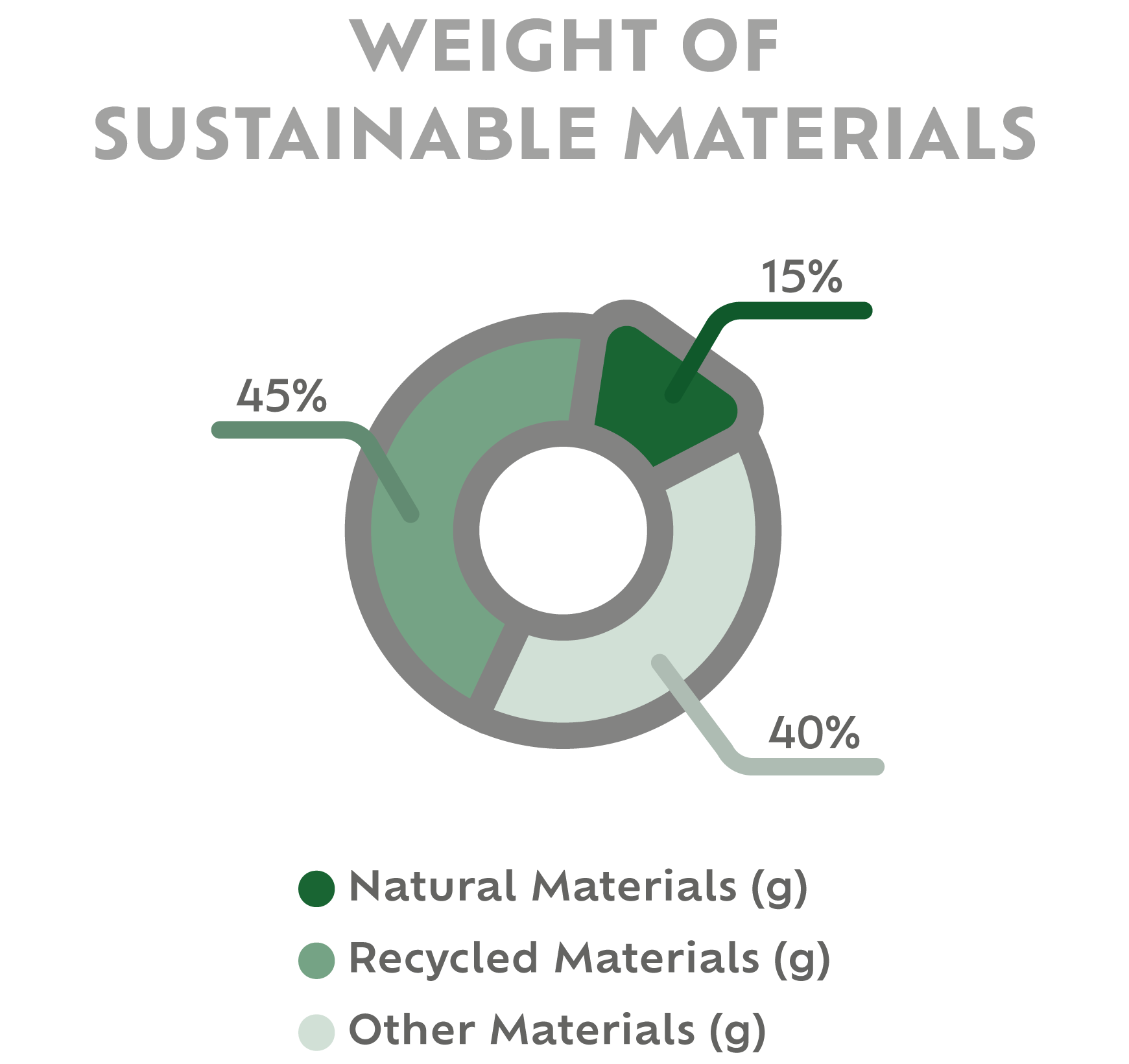New Horizons
Looking forward to New Horizons
CHANGING THE WORLD,
GIFT BY GIFT
Our collection emerged from the awareness that the use of natural resources cannot continue to be more than the Planet can generate and that interpersonal relationships are the greatest wealth existent to humanity.
It is our purpose to change consumption habits, contributing to sustainable development and the quality of life of all the guests on Planet Earth.
It is our belief that each of us can make a difference.
Therefore, each product is chosen with the utmost care, considering the composition of the materials used (minimum 85% of sustainable materials in the first year of the company).
Our mission, in the upcoming years, is to increase this rate by ensuring the high quality of the products and a long lifespan, thereby increasing durability.
By purchasing our products, the customer will be contributing to the protection of the Planet’s resources, as well as promoting better working and living conditions for the individuals and communities involved in the value supply chain.
The packaging design is also one of our concerns and, as such, we are committed to create innovative solutions that aim to reduce and reuse these same packages, giving them a second life.
Product Carbon Footprint
To achieve our core purpose, AODACi offers a range of products that are made from a significant percentage of sustainable materials, such as natural as well as recycled materials.
It is also our goal to produce the least amount of greenhouse gas emissions possible. To accomplish this, we set out to quantify each product’s carbon footprint, so that we may provide our customers with this information. This way, our customers can also have a major part to play and intervene in the reduction of GHG emissions through their choices.
Initially, we will follow a cradle-to-gate product carbon footprint calculation, meaning all emissions from the extraction of materials to the delivery of products to the warehouse in Portugal are considered.
Additionally, our intention is to continue to update our carbon footprint assessment and reduce our product’s carbon footprint.
Our Sustainable Materials Indicator
As a way to provide information to our customers and help them make informed and sustainable choices, we believe it is important to share which materials are the most used in the manufacturing of our products so that our customers may understand the true impact of their choices.
Currently, the products found in our collection are made from 85% of sustainable materials such as recycled and natural materials, which offer the following benefits: lower carbon footprint, less water consumption and less waste.
It is AODACI’s strategic goal to increase the percentage of sustainable materials used in our collection, whenever possible.
A natural material is any product or physical matter that comes from plants, animals, or the ground, which are not changed to create a material with different characteristics.
The natural materials that are most used in our products are wood, bamboo, cork, borosilicate glass, cotton, hemp, lemongrass, banana fiber, coffee husk, tea fiber, coconut husk, spent barley, corn husk, flax fiber, jute, wool, clay, copper, aluminum, zinc, brass, iron and ceramic.
Additionally, recycled materials provide an effective way to use materials that otherwise would have gone to waste, and use fewer resources to produce, compared to their virgin counterparts.
The recycled materials that are most used in our products are cotton, polyester, polyurethane, stainless steel, ABS (acrylonitrile butadiene styrene), paper, polypropylene, wool, copper alloy, aluminum alloy, zinc alloy and wood.

CHANGING THE WORLD,
TREE BY TREE
We consider that Aodaci’s contribution should go beyond our products and taking into account the importance of forests for sustainable balance, we decided to acquire 10ha of forest in the central region of Portugal, aiming to promote forestry and ecosystem management.









